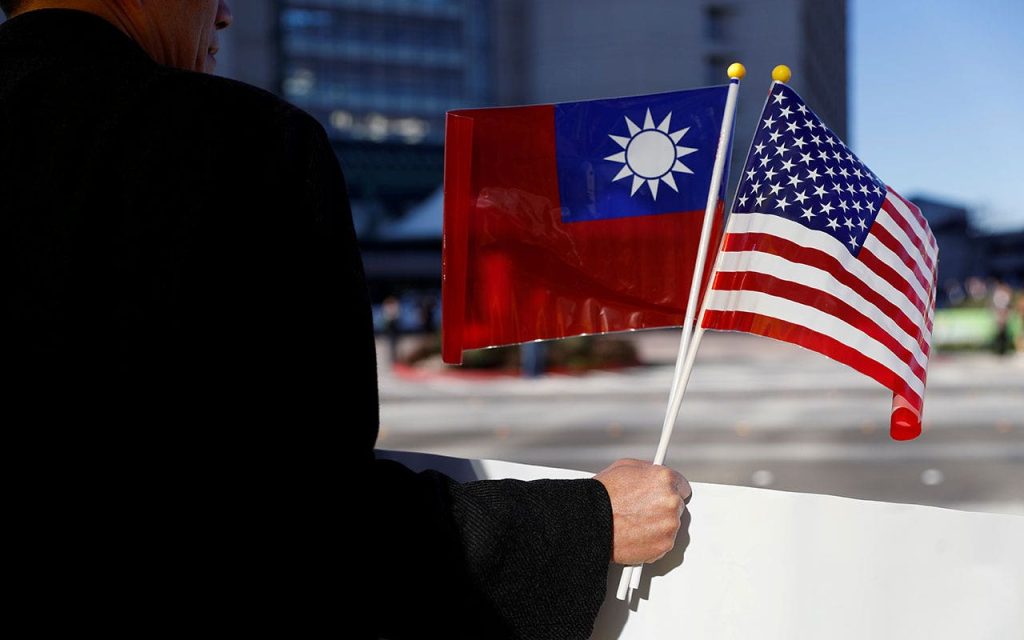Raymond Greene, the deputy chief of mission at the U.S. embassy in Tokyo, will be appointed as the director of the American Institute in Taiwan this summer, coinciding with the inauguration of Taiwan’s new president, Lai Ching-te. The relationship between the United States and Taiwan remains crucial, with the U.S. serving as Taiwan’s most important international backer and arms supplier, much to the dismay of Beijing, which has increased political and military pressure against Taiwan. Greene, a staunch friend of Taiwan, will be stepping into the role previously held by Sandra Oudkirk, handling relations between the two countries in the absence of official diplomatic ties.
As the new director of the American Institute in Taiwan, Greene will serve as a key U.S. diplomat in Taipei and will work closely with Taiwan’s new president, Lai Ching-te, who has been viewed as a dangerous separatist by China. Lai, who was elected in January and will be inaugurated in May, has rejected Beijing’s sovereignty claims and insists that only the people of Taiwan can determine their future. Greene’s ability to speak both Japanese and Mandarin will make him a valuable conduit between Taiwan and Japan, especially in light of Japan’s concerns about potential Chinese military actions against Taiwan.
Greene’s upcoming appointment signifies the importance of the relationship between the United States and Taiwan, particularly in the face of China’s increasing pressure on the island. The United States views Taiwan as an opportunity to advance a shared vision for a free and open Indo-Pacific region, as well as a model of democracy and prosperity for other nations. Greene’s previous experience in Taiwan, as well as his diplomatic background in China and Japan, will be valuable as he navigates the complexities of the U.S.-Taiwan relationship.
The U.S. has no formal diplomatic ties with Taiwan, but it has maintained a strong partnership with the island nation, providing crucial support and defense supplies. China considers Taiwan to be a highly sensitive and important issue in its relations with the United States, which could become even more complex with the upcoming U.S. presidential election. Despite this uncertainty, Taiwan’s foreign ministry believes that U.S. support will remain unchanged, regardless of the election outcome, underscoring the enduring commitment between the two countries.
Greene’s appointment as the director of the American Institute in Taiwan comes at a critical moment in U.S.-Taiwan relations, as tensions with China continue to rise and Taiwan faces increasing pressure from Beijing. His deep understanding of Taiwan and its relationship with the United States, as well as his diplomatic experience in the region, will be invaluable as he takes on this important role. The U.S. remains committed to supporting Taiwan and its pursuit of democracy, prosperity, and security, and Greene’s appointment signals a continuation of this crucial partnership.


